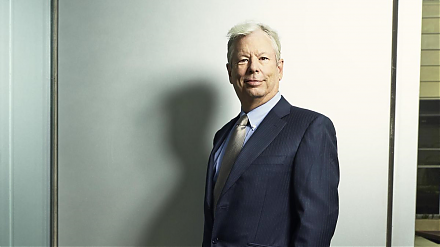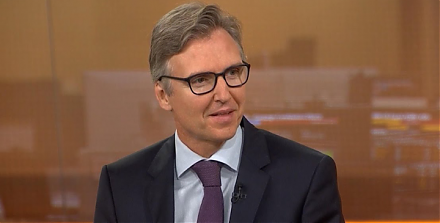

2019-01-03 10:38:00 Thu ET
technology social safety nets education infrastructure health insurance health care medical care medication vaccine social security pension deposit insurance
American parents often worry about money and upward mobility for their children. A recent New York Times survey suggests that nowadays American parents spend more time, effort, and money raising their kids. In recent times Merrill Lynch reports that the average cost of raising a child to 18 years old tops $230,000. The same report also suggests that 79% of American parents continue to provide financial support to their adult children. Costs for food, school, transportation, entertainment, technology, and other activities typically increase as children grow older. Also, 69% of parents admit to feeling pressure and even anxiety to give their children what their peers have.
There is an element of competition, peer pressure, or keeping up with the Joneses that entices parents to spend more money on their children. Economic prosperity motivates these parents to help ensure that their children are financially better off than the previous generations. A recent empirical study by the Federal Reserve Bank of St Louis demonstrates that millennials face unique financial struggles. The financial struggles include higher average unemployment rates, stagnant wages, less affordable residential properties, and student debt imbalances. Millennials are now at risk of becoming a unique lost generation that collectively accumulates less wealth during their lifetime.
If any of our AYA Analytica financial health memos (FHM), blog posts, ebooks, newsletters, and notifications etc, or any other form of online content curation, involves potential copyright concerns, please feel free to contact us at service@ayafintech.network so that we can remove relevant content in response to any such request within a reasonable time frame.
2019-02-05 10:32:00 Tuesday ET

President Trump remains optimistic about the Sino-American trade war resolution of both trade deficit eradication and tech transfer enforcement. Trump now s
2023-09-14 09:28:00 Thursday ET

Colin Camerer, George Loewenstein, and Matthew Rabin assess the recent advances in the behavioral economic science. Colin Camerer, George Loewenstei
2019-06-11 12:33:00 Tuesday ET

Dallas Federal Reserve Bank President Robert Kaplan expects the U.S. economy to grow at 2.2%-2.5% in 2019-2020 as inflation rises a bit. In an interview wit
2018-08-27 09:35:00 Monday ET

President Trump and his Republican senators and supporters praise the recent economic revival of most American counties. The Economist highlights a trifecta
2019-07-11 10:48:00 Thursday ET

France and Germany are the biggest beneficiaries of Sino-U.S. trade escalation, whereas, Japan, South Korea, and Taiwan suffer from the current trade stando
2019-08-10 21:44:00 Saturday ET

McKinsey Global Institute analyzes 315 U.S. cities and 3,000 counties in terms of how tech automation affects their workers in the next 5 to 10 years. This